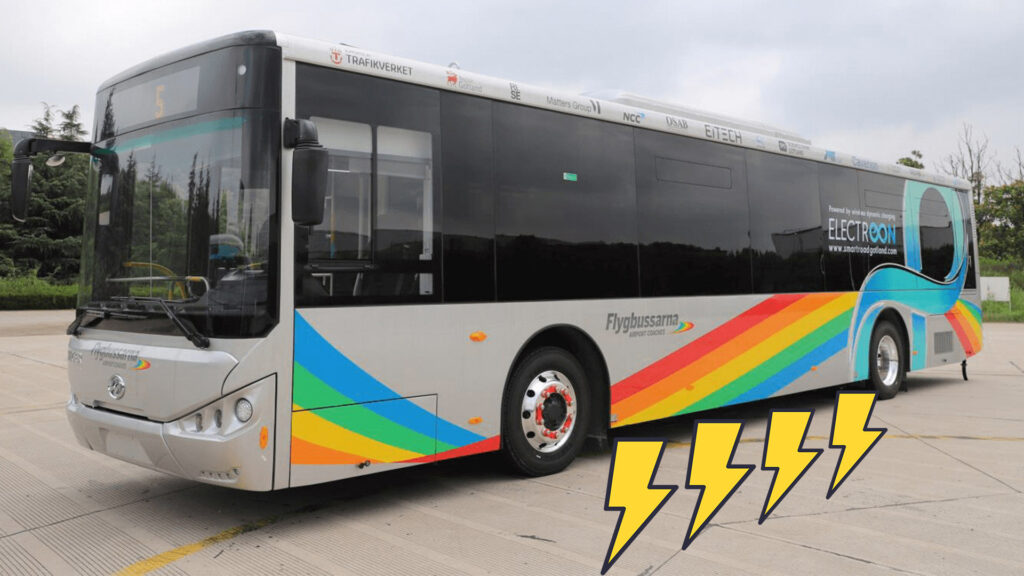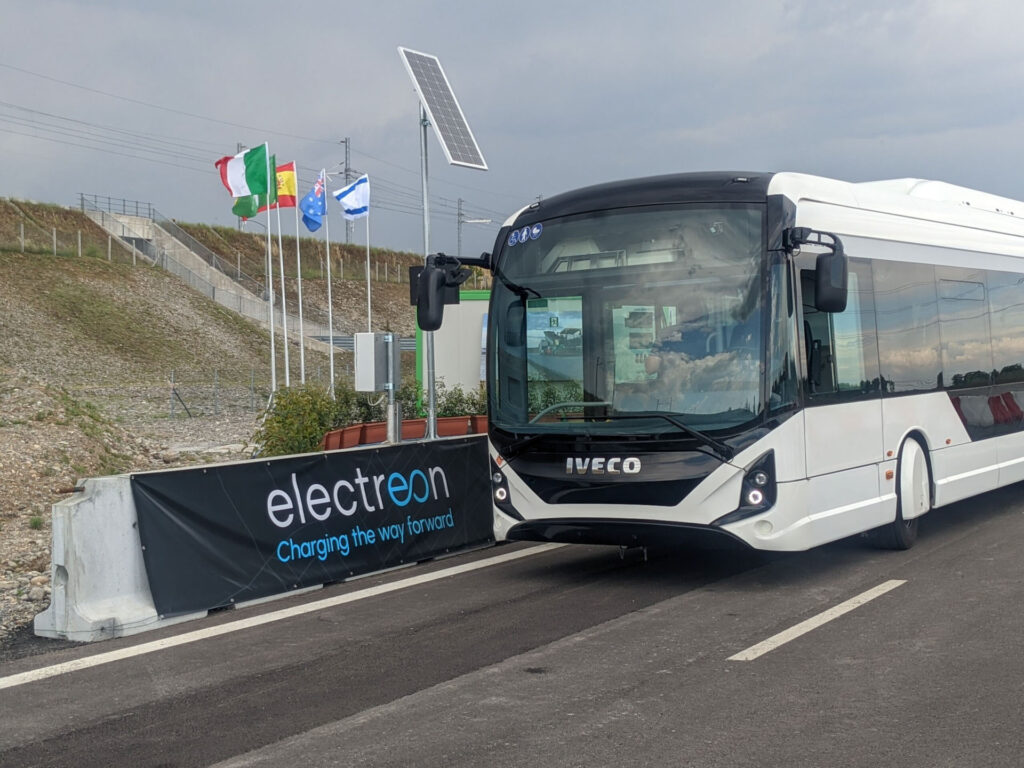1 km (0.6 miles) section of charging road surface to be constructed in the German city of Balingen, but Michigan might not be far behind
2 hours ago

by Chris Chilton
Toyota drew some flak a couple of years back for ads in which it referred to its electrically assisted cars as ‘self-charging hybrids.’ But just imagine if you really could charge an electric car as you drove along. The latest step towards making that dream a reality is the announcement that a German bus in the city of Balingen will soon be juicing up on a wireless charging highway.
Though the project only involves a single bus, it doesn’t take a huge leap of imagination to see that the technology could be rolled out to cars and other locations around the world in coming years. In December last year Michigan Governor Gretchen Whitmer announced that the state will test wireless, in-road charging capabilities on its highways. If cars can charge on the move they can be built with smaller batteries, making them lighter and more efficient, not to mention significantly less expensive.
Automotive inductive charging tech works much like it does on our smartphones. Electricity is transferred from magnetic coils in the ground and through the air to another one on the car. Static charging pads for cars have been around for a while, but charging roads are more complicated and at an earlier stage of development.
Related: Michigan To Build Test-Stretch Of Highway With Wireless Car Charging Capabilities

For the Balingen project, Israeli company Electreon and Germany’s EnBW have teamed up to outfit 1 km (0.6 miles) of Electric Road System (ERS) along a stretch of German highway, plus two static charging stations that will be placed at locations where the bus routinely stops during its schedule. Electreon will receive up to $3.2 million in funding to build the charging infrastructure.
This isn’t the first time we’ve heard of inductive charging roads, though it is the first that the public will benefit from it. Electreon and EnBW previously ran a successful pilot study at EnBW’s training center in Karlsruhe, Germany, and Eurovia and Electreon recently announced a project to electrify part of Germany’s autobahn in Bavaria. Sweden has its own wireless charging road project, and Stellantis opened a simulated highway test center to study inductive charging in Italy. Maybe 10 years from now we’ll look back at the Mazda MX-30 with its puny 100-mile (160 km) range and consider it ahead of its time.
advertisement scroll to continue





